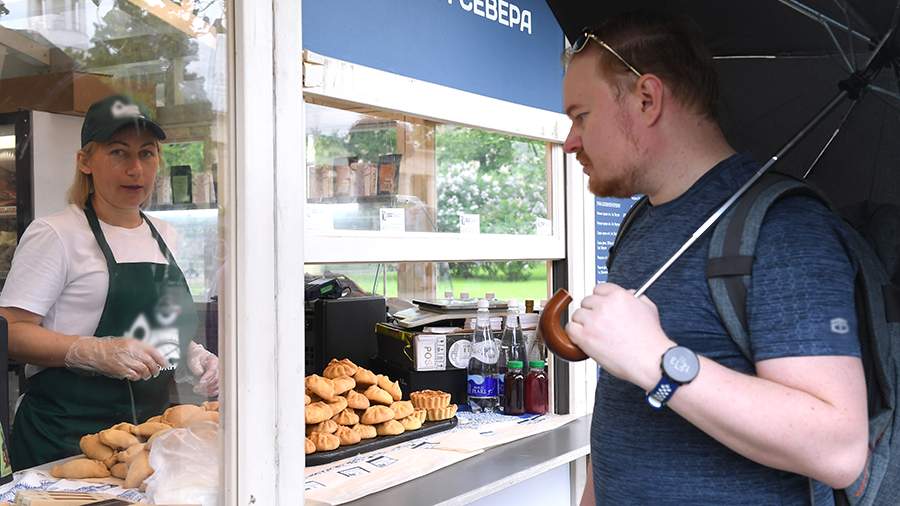Roskachestvo named the places with the most frequent violation of sanitary standards
- Новости
- Society
- Roskachestvo named the places with the most frequent violation of sanitary standards

Violations of sanitary standards are most often found in places where it is difficult to ensure constant monitoring and compliance with strict hygiene requirements. Buying food at such outlets can lead to massive food poisoning and health problems. Elena Specenko, Director of the Food Safety Competence Center, told Izvestia about this on April 13.
According to her, the most problematic points include places where street food is sold, such as tents, food trucks or festivals. One of the reasons for the violations is the lack of adequate infrastructure at time points, including water supply and sanitation. This leads to a violation of staff hygiene, the inability to wash hands well and disinfect work surfaces. At the same time, the sellers themselves do not comply with the necessary requirements, serving visitors without masks and gloves.
There is also insufficient control over food storage conditions in such places. Because of this, the ingredients used for the dishes deteriorate quickly.
In addition, disruptions are found in markets, especially spontaneous ones, fairs, and seasonal breakups. The main reasons for violations here are the lack of refrigerators for perishable products (meat, milk, fish), violation of the commodity neighborhood and unsanitary conditions in places of trade. In some cases, sellers release goods without proper documents, such as veterinary certificates and declarations.
"To protect yourself, pay attention to cleanliness. If there's dirt and flies around, it's best not to take any chances. Check the expiration dates, especially for milk, meat, and ready-made salads. Avoid questionable spots, such as where the pies are lying in the open sun. It is also important to purchase products with good heat treatment. Shawarma or a burger with poorly fried meat can cause serious food poisoning," said Specsenko.
Stricter rules also apply in cafes and restaurants, as they are more often monitored by Rospotrebnadzor. Large chain stores also carefully monitor the terms and conditions of storage. Organized food courts tend to have stricter requirements than outdoor tents.
Earlier, on February 12, Rospotrebnadzor banned the operation of the restaurant "The Bull" on 2nd Brestskaya Street in Moscow for 60 days after a visitor claimed poisoning. At the same time, the Center for Hygiene and Epidemiology in Moscow conducted an examination of the products from the restaurant and found an excess of microorganisms and bacteria of the E. coli group. As a result of the inspection, 544 kg of products were withdrawn from sale.
Переведено сервисом «Яндекс Переводчик»

